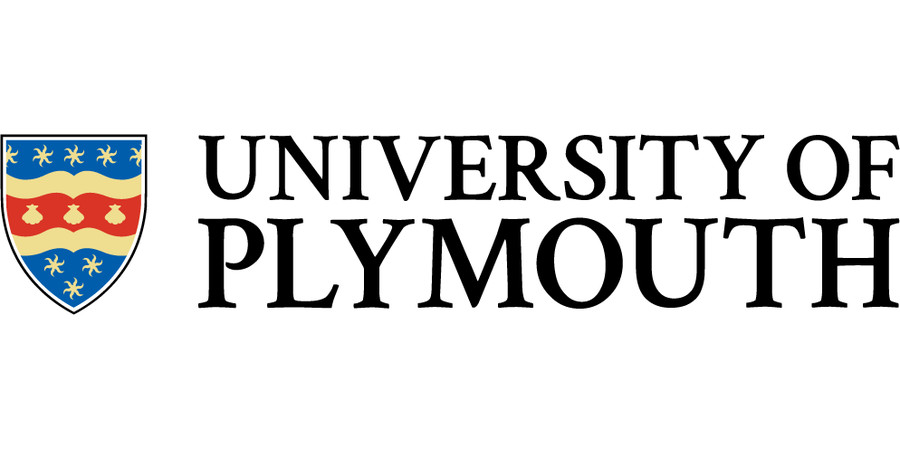PhD Studentship:
University of Plymouth
| Qualification Type: | PhD |
|---|---|
| Location: | Devon, Plymouth |
| Funding for: | UK Students, International Students |
| Funding amount: | The studentship is supported for 3.5 years and includes Home rate tuition fees plus a stipend of £19,215 per annum 2025-26 rate (2026-27 rate TBC) |
| Hours: | Full Time |
| Placed On: | 28th November 2025 |
|---|---|
| Closes: | 2nd February 2026 |
Understanding plankton biodiversity and ecosystem change by applying machine learning – A CASE studentship
Lead Supervisor (DoS): Professor Abigail McQuatters-Gollop
Second Supervisor: Dr Clare Ostle
Third Supervisor: Professor Adrien Desjardins
Fourth Supervisor: Dr James Scott
Fifth Supervisor: Dr Saskia Rühl
Applications are invited for a 3.5 year PhD studentship with Marine Research Plymouth – a collaborative partnership between the University of Plymouth, the Plymouth Marine Laboratory and the Marine Biological Association. The studentship is due to start on 1st October 2026.
Plymouth has been at the forefront of global marine research for more than a century, and today it is home to the largest concentration of marine researchers in the UK. Come and join our vibrant community of marine PhD students.
Project Description
Plankton play essential roles in marine food webs and global carbon cycles, acting as sensitive indicators of environmental change and enabling predictions of climate impacts on ocean biodiversity. However, current plankton monitoring is insufficient, limiting our ability to detect biodiversity shifts, model ocean responses to climate stressors, and inform effective conservation policies. Although advances in imaging technologies have enhanced the spatio-temporal resolution of plankton sampling, these data remain virtually unused in biodiversity assessments and policy frameworks.
This studentship addresses this critical gap by leveraging recent advancements in plankton imaging data classifiers’ translatability across multiple instruments’ output. It will apply existing biodiversity policy indicators to new plankton image data, significantly expanding available datasets and directly improving biodiversity assessments under the UK Marine Strategy and OSPAR frameworks. This approach is timely, as improvements in machine learning (ML) applications now allow researchers without extensive programming backgrounds to implement advanced image-processing techniques using accessible programming languages and annotation platforms.
The candidate will collect plankton images using an innovative benchtop flow-through imaging sensor, integrating them with existing datasets from established platforms. They will also have the opportunity to conduct field work at sea in collaboration with Cefas, and to visit the University of British Columbia to field test the new instrument. A novel ML image classifier tool will be applied to classify plankton taxa and quantify essential ecological traits such as size and biovolume. These traits, critical for biodiversity analyses and policy evaluation, are often absent from traditional plankton data. The combined data will then be used to characterise plankton spatio-temporal ecological change in the Northeast Atlantic.
The candidate will acquire skills in machine learning, plankton taxonomy, ecological trait analysis, and biodiversity indicator development, actively contributing to the UK and OSPAR Pelagic Habitats Expert Groups. Professional development will be supported through UoP’s Plankton and Policy Research Unit and Marine Research Plymouth’s early career network.
Eligibility
Applicants should have a first or upper second class honours degree or a Masters qualification in ecology, marine biology, data science, environmental sciences, or related fields. Candidates with interdisciplinary backgrounds and strong quantitative skills are particularly encouraged.
The studentship is supported for 3.5 years and includes full Home tuition fees plus a stipend at the 2026/27 URS rate (to be confirmed; compare the 2025/26 URS rate of £19,215 per annum).
If you wish to discuss this project further informally, please contact Professor Abigail McQuatters-Gollop.
Please click on the Apply button above for further information and to apply.
The closing date for applications is 12 noon on Monday 2nd February 2026.
Advert information
Type / Role:
Subject Area(s):
Location(s):









